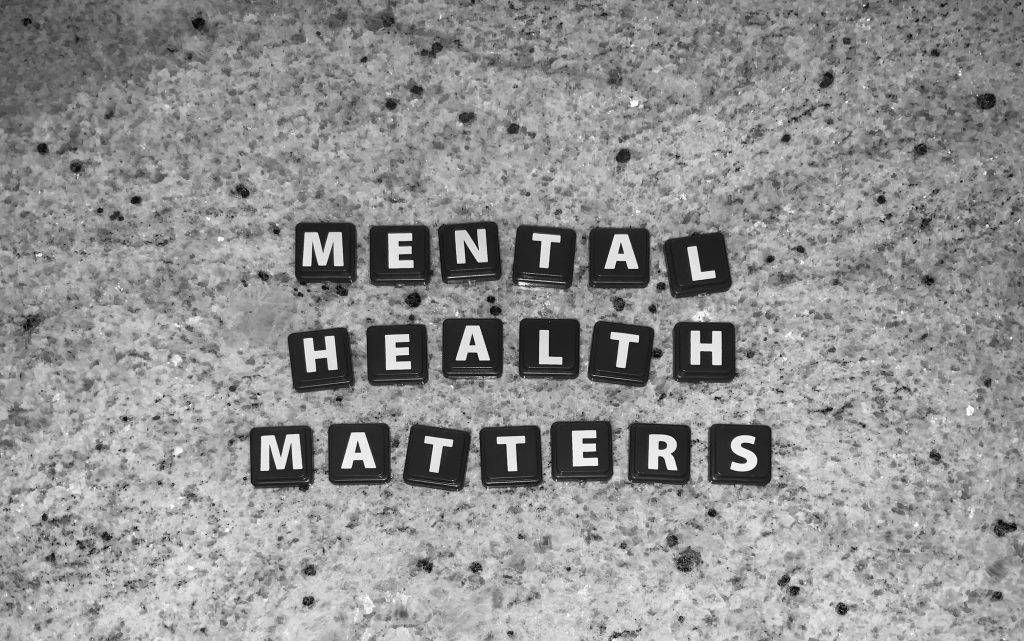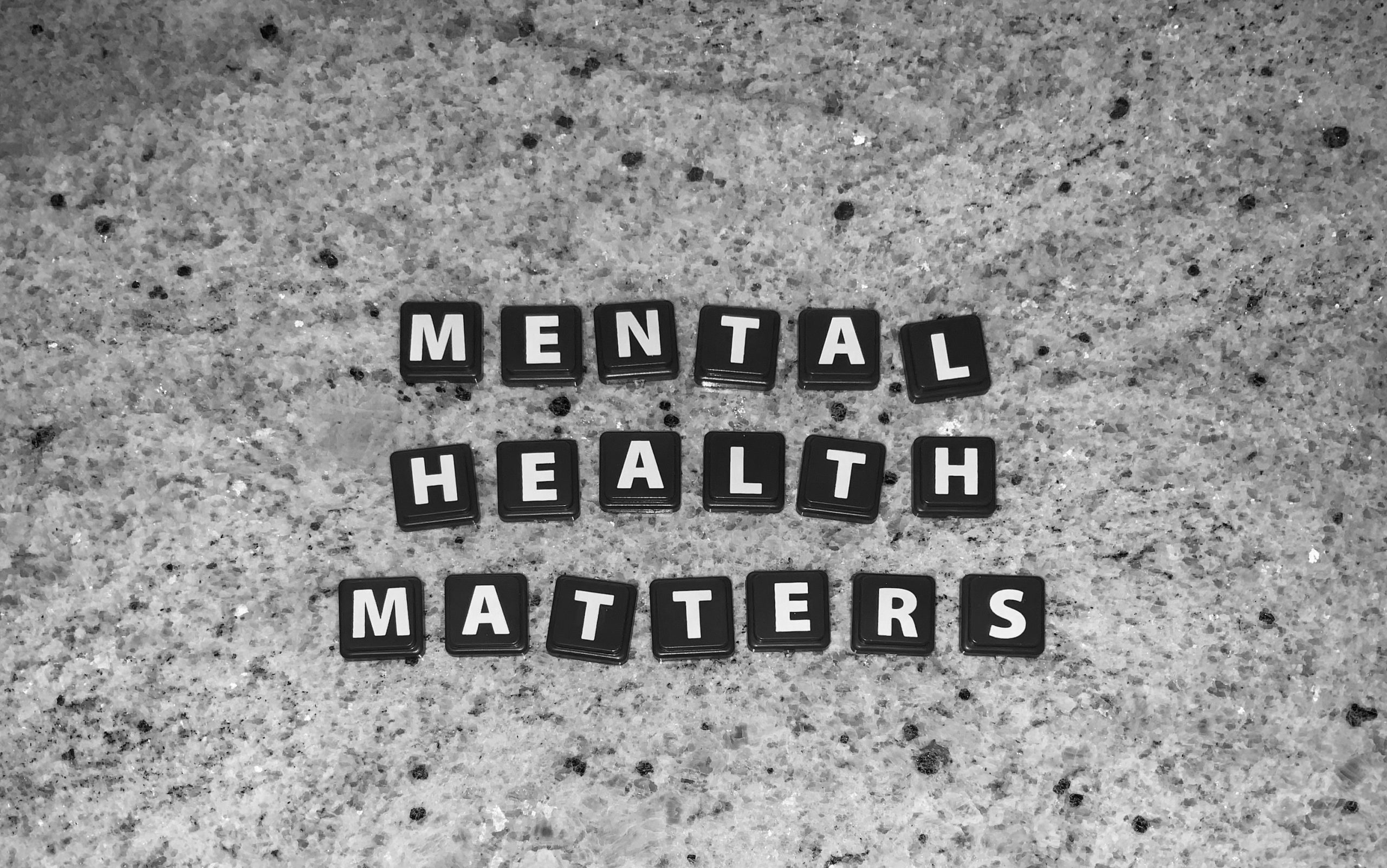Is it an addiction or a mental illness?
Co-occurring illnesses are prevalent because many mental health diseases and substance use disorders interact.
The intersection of Mental Health and Substance Use Disorders
If you or a loved one is locked in a loop of unhealthy patterns, you may wonder, “Is this due to a mental health disorder? Or is this the case with addiction?”
As the cycle continues, you can’t recall when it started and wonder how or if you can change course.
This situation is typical for those dealing with mental health issues and addiction, and we realise how frightening and confusing it may be. When overpowering emotions, intrusive thoughts, and perplexing or destructive behaviour lead to but also result from substance use, it can feel as if nothing is working for you.
You are not alone if you or a loved one are struggling today—or if today is a good day, but you have a hunch the other shoe will soon drop.
And you want a definitive response to your seemingly straightforward question. You want the confusion to disappear so you can figure out what’s happening. So you may grasp a real-life definition and use the power of knowing to chart a steady course forward.
You are entitled to an accurate diagnosis. You deserve to find out who you want to be. And you have earned the assistance you require to achieve long-term recovery. However, the response may not be a simple yes or no, this or that. You or a loved one may be suffering from a mental health condition, a substance use disorder, or both, known as a co-occurring disorder.
We’re here to help you understand the connection between addiction and mental health disorders and how to proceed.
What is the relationship between addiction and mental health disorders?
Let us begin by distinguishing between substance abuse and mental health illnesses and examining how the two are related.
Depression, anxiety, PTSD, ADHD, and bipolar disorder are all examples of common mental health illnesses. A mental disease disrupts a person’s cognition (thinking), emotional control, or behaviour, reflecting a shift or dysfunction in the biological, psychological, or developmental processes.
Addiction, also known as substance use disorder, drug and alcohol addiction, is characterised by a pattern of symptoms induced by the continued use of a substance despite its adverse effects.
Unfortunately, negative stereotypes about drug and alcohol addiction persist. However, addiction is a mental health condition with cognitive, behavioural, and physiological symptoms. For example, you may drink despite repeated hangovers, engage in unsafe behaviours while intoxicated, and fail to meet your responsibilities.
Although not all mental health illnesses are called addiction, addiction is always a mental health disorder. A person can be diagnosed with one or the other independently, but the chances of having both a mental health issue and a substance use illness are extremely high.

What is a co-occurring disorder?
Co-occurring disorders, often known as dual diagnoses, are the coexistence of a mental health illness with a substance use disorder. If you believe you have a co-occurring disorder, it is natural to feel overwhelmed because the interaction of two disorders can make the weight of both feel greater and more difficult to bear.
Co-occurring illnesses are prevalent because many mental health diseases and substance use disorders interact.
It is estimated that in the UK, 86 per cent of people who access treatment for alcohol use experience mental health problems, while 70 per cent of people in treatment for drug use also have a mental illness (NHS)
It might be difficult for persons with co-occurring illnesses to distinguish which ailment arose first. To enhance your chances of a complete recovery after treatment, it’s vital to treat both simultaneously with licenced addiction and mental health doctors.
Co-occurring illnesses, like any other mental health disorder, can affect anyone, and any number of substances can contribute to a substance use disorder. Many persons who have co-occurring disorders struggle with misusing:
• Tobacco
• Opioids
• Stimulants
• Marijuana
• Hallucinogens
• Prescription drugs

Is my drinking/using due to an addiction or a mental health disorder?
Do you ever want to know why you don’t feel like yourself? Why are you having trouble getting through your typical day-to-day? Why does the sense that you should be happy but aren’t persistent? Or why do you keep doing so even if you wish to stop drinking or doing drugs?
When distinguishing between addiction and a mental health issue, remember that simply consuming a substance does not always result in full-blown substance use or co-occurring disorder. For example, just because someone drinks too much once or twice and suffers the negative consequences does not imply that they have a substance use disorder or that it will affect them for an extended period.
However, if their drug or alcohol use harms their life repeatedly and causes turmoil in other parts of their life, the risk that a substance use disorder has occurred or will develop greatly increases.
To better understand your substance use, you must first determine your “why.” What is your motivation for drinking or using? As an example:
- Am I possibly abusing substances to cope with my anxiety, bipolar, PTSD, depression, ADHD, or other mental health conditions?
- Is it true that I use substances to cope with the stresses of my daily life?
Everyone’s motives for drinking or using are unique—and highly personal. Create a judgment-free environment in which you feel safe communicating your most intense feelings and harsh facts, whether with a loved one, in an AA or NA group, with your therapist, or with yourself for the time being.
As you learn the reasons for your substance use, you’ll better understand how substances affect your life and whether a mental health condition feeds an unhealthy relationship with drugs and alcohol.
How can I get a precise diagnosis?
Your path to recovery begins with an accurate diagnosis from a mental health expert.
Professionals with training and expertise in substance abuse and mental health conditions can provide an appropriate diagnosis. As a result, your chances of receiving successful therapy, achieving long-term recovery, and living a satisfied, hopeful life grow significantly.
We realise how frightening it is to share your thoughts and feelings. And, while some may have made you feel embarrassed or frightened about expressing your difficulties with mental health or substance use, we want you to know that you are more than this condition or these diseases. There is more to your life and who you will become—and recovery offers hope.
Receiving an assessment and proper diagnosis will assist you in the following ways:
1. You will feel validated
2. Recognise that you are not alone on your road to recovery
3. Develop an effective treatment strategy
Professional treatment will assist you in comprehending the relationship between your mental health issues and substance abuse. It will also provide you with the tools you need to stop viewing substances to alleviate the symptoms of a mental health illness or control the emotions associated with life’s challenges.
You can alter your course. You may make the healthiest selections for your future by knowing about numerous directions and new pathways. Another good news is that once you’ve decided on therapy, you’ll never have to walk through recovery alone!
If you or a loved one is struggling, call Freephone 0800 140 4044
Freephone: 0800 140 4044
Local rate: 0300 330 3040

